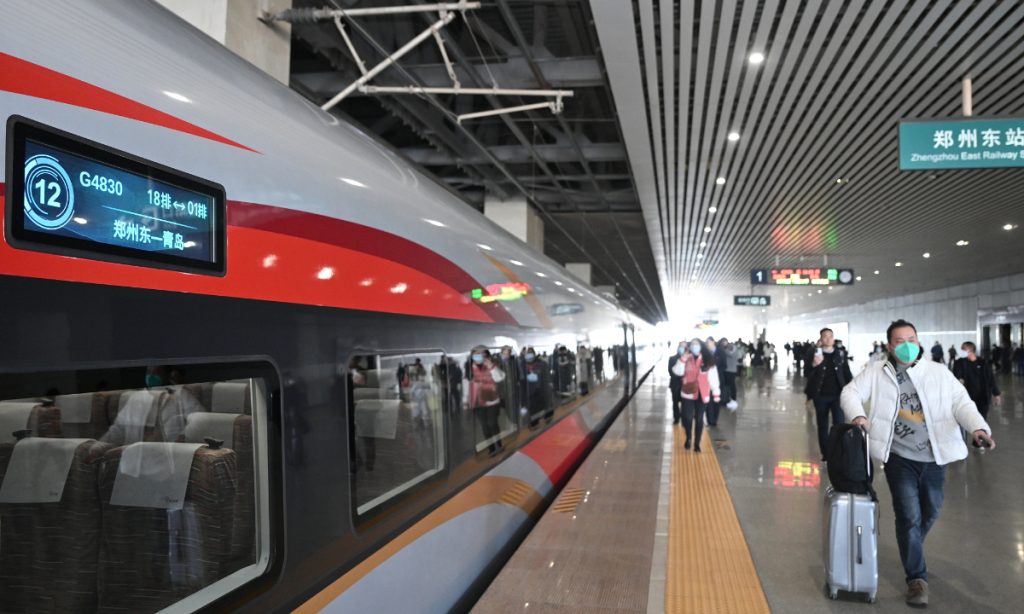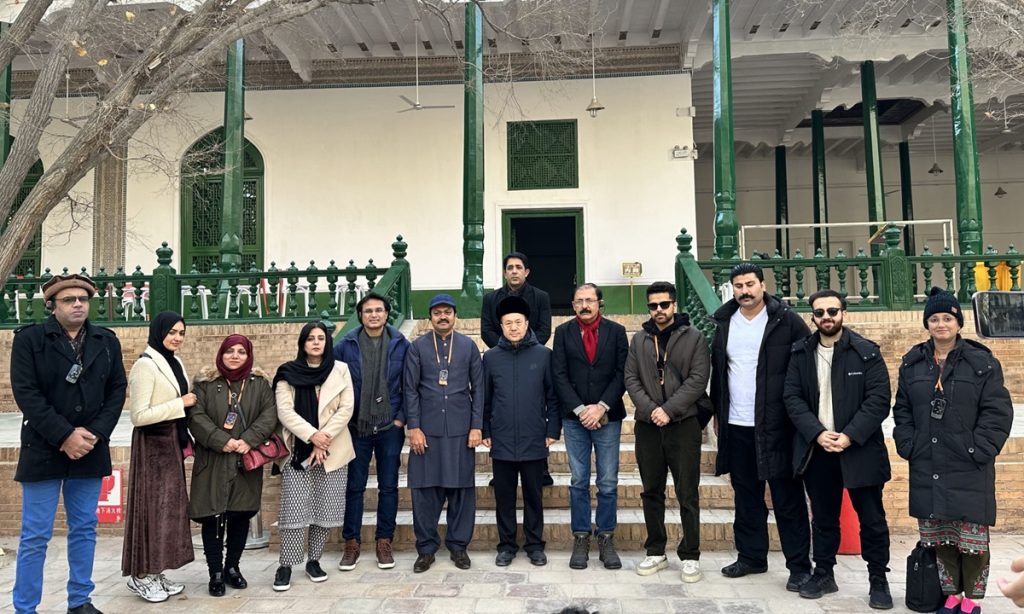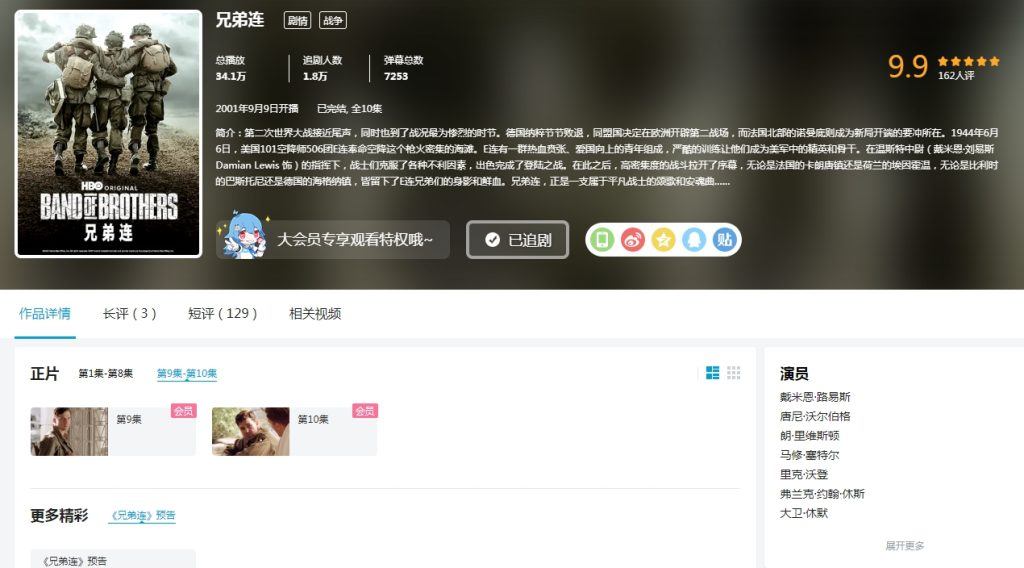New Year’s Day holidays see spike in train ticket booking as residents embrace winter travel craze

Train tickets for the first day of the upcoming New Year's Day holidays went on sale on Saturday, with some popular routes sold out within seconds, data from online travel platforms showed.
As of 10 am, multiple train services departing from Beijing to cities of Zhengzhou and Wuhan, from Nanjing to Hefei and Hangzhou, among others, were already sold out. Notably, tickets for several popular routes were sold out within seconds, Tongcheng Travel Holdings said in a statement it sent to the Global Times.
This year's New Year's Day holidays extends from December 30, 2023, to January 1, 2024.
According to an analysis by the Tongcheng Research Institute, the combination of family visits and tourism during the upcoming holidays, coupled with the popularity of "ice and snow" tourism, is expected to increase traffic on high-speed rail routes from cities such as Beijing, Shanghai, Hangzhou, Nanjing, and Zhengzhou to popular winter destinations including Harbin, Shenyang, Urumqi, and Hulun Buir.
Additionally, there is anticipated high demand for dedicated "ski trains" from Beijing to Zhangjiakou in North China's Hebei Province during the holiday period, Tongcheng said.
An earlier report released by Tongcheng showed that travel enthusiasm for the New Year's Day holidays has seen a year-on-year increase of 465 percent in the seven days leading up to Monday.
In addition, higher hotel booking volumes for the New Year's Eve were observed in cities like Harbin, Nanjing, Wuhan, Shanghai, and Beijing, travel platform Qunar said in a statement it sent to the Global Times on Saturday.
Over the past few days, many travelers have already begun making reservations for tickets through third-party platforms. As of Friday, the pre-booked travel orders for 2024 New Year's Day holidays' train tickets have shown a remarkable 194-percent year-on-year increase compared to the same period last year, according to data from the online travel agency Trip.com.
With the holidays approaching and the "ice and snow" tourism season gaining momentum, enthusiasm for travel remains unabated despite falling temperatures, promising to further stimulate consumption growth, experts said.
A Beijing resident surnamed Yao told the Global Times that he had booked tickets for his family to Harbin, Northeast China's Heilongjiang Province. The primary purpose is to visit his parents at home, and additionally, they plan to take their four-year-old son to the Harbin Ice-Snow World. He said that this would be his son's first visit to the theme park, with the entire family eagerly anticipating the trip.
Another Beijing-resident surnamed Fu said that she plans to go skiing in Zhangjiakou with her friends during the upcoming holiday. "Skiing, hot springs, and gourmet food will be the three main themes of our trip," Fu told the Global Times.
The New Year's Day holidays is a traditional golden season for consumption. Meanwhile, it is the first complete winter consumption season after the pandemic, and it is expected to extend retail spending momentum of consumption in the year, driving a spike in winter-themed spending, Zhang Yi, CEO of iiMedia Research Institute, told the Global Times on Saturday.
Per data released by the National Bureau of Statistics (NBS) on Friday, the service industry experienced rapid growth in November, as year-on-year growth of the national service industry production index came in at 9.3 percent, accelerating 1.6 percentage points compared to the previous month.
Breaking down by industry, the production index of the accommodation and catering industry increased by 30.6 percent year-on-year, showing a 9.3 percentage point acceleration compared to the previous month.
Total retail sales of consumer goods reached 4.25 trillion yuan in the month, representing a year-on-year growth of 10.1 percent, accelerating by 2.5 percentage points compared to October, NBS data showed.
In recent years, the "ice and snow" consumption season has been rapidly growing across China, especially in the northern regions. It typically kicks off in winter and extends through to the following spring, Zhang said.
China's "ice and snow" consumption market has now developed a relatively complete consumer ecosystem, including tourism, sports, related equipment, and culture, he said, noting that compared to summer consumption, the development of "ice and snow" consumption has only recently gained steam but it possesses strong potential for future growth.








